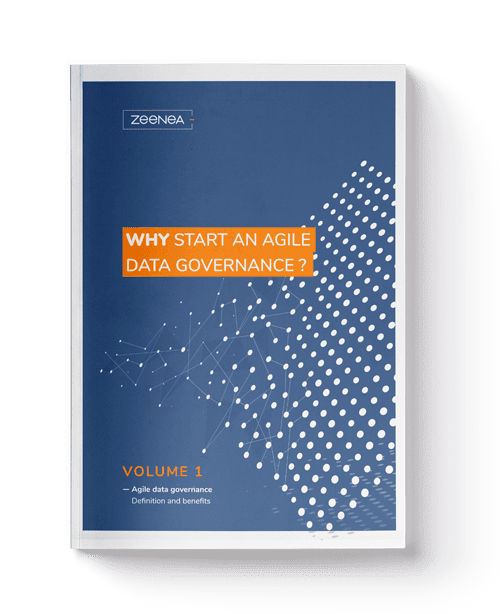For the past few years, on the trails of GAFA (Google, Apple, Facebook, and Amazon), data is perceived as a crucial asset for enterprises. This asset is enhanced by digital services and new uses that disrupt our daily lives and weaken more traditional businesses.
This transformation, whether we like it or not, concerns all structures and all sectors. Enterprises have understood that in order to face up to innovative startups and powerful web giants, they must capitalize on their data. This awareness brings the great – likewise the small – enterprises to start a digital transformation to become what we call, Data-Driven.
In order to be data-driven, data should be considered like an asset in business, which must be mastered in order to be enhanced.
It is a means to collect, safeguard, and ensure data assets of the highest quality and security. In other words, users must have access to accurate, intelligible, complete, and consistent data in order to detect proven business opportunities, to minimize time-to-market, and also to undertake regulatory compliance.
The road to reach the Promised Land of data innovation is full of obstacles. Between siloed data on both sides in the enterprise and tribal knowledge, this legacy does not contribute anything to the overall quality of data.
The advent of Big Data has also reinforced the sentiment that the life cycle of one data must be mastered in order to find your way through the influx and the massive volume of the enterprise’s stored data. Talk about a challenge encompassing roles and responsibilities, processes and tools!
The implementation of such data governance is a chapter that a data-driven company must write
However, in our experience, exchanges with and lectures by major players of data confirmed our observation that the approaches to data governance from recent years have not kept their promises.
Through our white papers, we hope to shed light on this subject and be a starting point in the construction of an “agile” data governance, where more traditional approaches have not been able to organize and adapt in a constantly changing environment.














